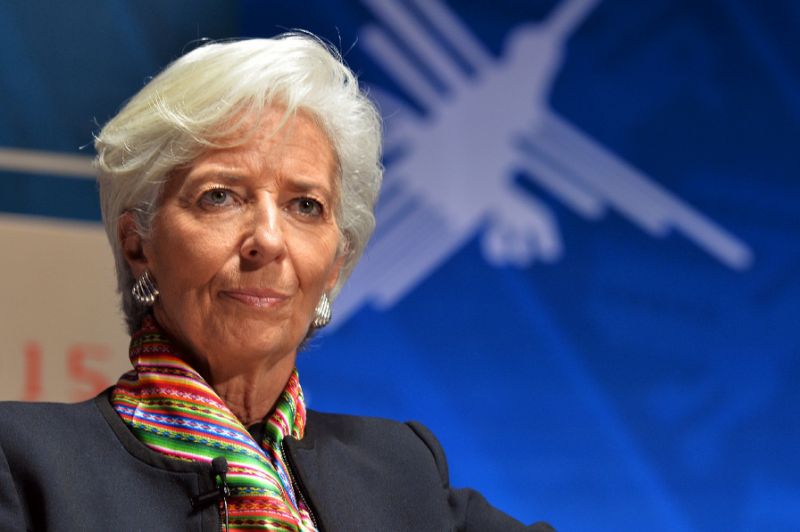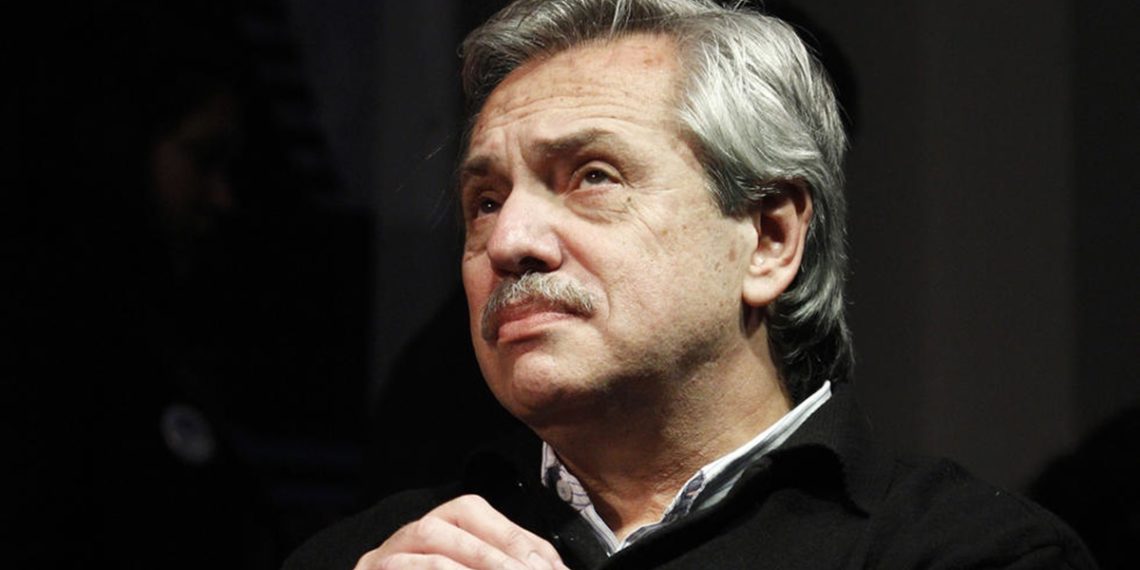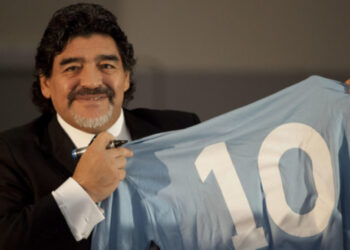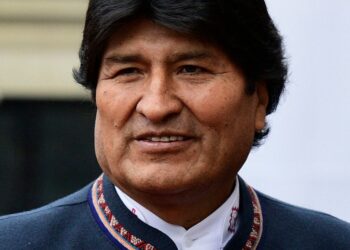Argentines and international investors are waiting anxiously as the International Monetary Fund (IMF) and the new left-center government of Alberto Fernandez renegotiate $44 billion in debt, part of South America’s second-largest economy’s unsustainable debt burden of over $300 billion.
Economy Minister Martín Guzmán warns investors to expect deep debt restructuring and seeks a deal by late March for $100 billion with the IMF and private investors. An ambitious yet necessary plan.
Inherited stagflation – inflation over 50 percent, GDP declines in 2018 and 2019 – combined with reckless debt accumulation by the right-center government of Mauricio Macri (2015-2019) led to the current emergency.
Last week’s anti-austerity protesters greeting IMF officials conjures a sense of déjà vu. Argentina’s 2001-2002 sovereign default began when IMF negotiations collapsed, but current circumstances differ and favor a less chaotic outcome.
IMF’s Weak Position
IMF officials in Buenos Aires are in a tough position. Christine Lagarde left the IMF to run the European Central Bank but not before she penned the fund’s largest loan on record ($56 billion) to Argentina in June 2018.
By July 2019, IMF austerity further damaged the economy, rendering Lagarde’s deal unviable. Charitable post-mortems find the IMF miscalculating the fundamentals of the Argentine economy. Ex-IMF official Hector Torres delivers an even soberer insider view: Lagarde politicized the fund to support neoliberal Macri’s re-election and ignored sensible economic judgment.

The original agreement called on Argentina to repay the entire loan by 2023, but Lagarde permitted Macri to waste $44 billion trying to stabilize the peso’s exchange rate and conning voters in the run-up to the October 2019 election. Yet this gambit failed. The economy tanked further and Macri lost.
The IMF – chastened for its role in the last Argentine meltdown, complicit after its austerity produced disastrous results, saddled with a massive unpayable loan devised by the ex-boss on the books, and confronted with a U.S. president hostile to multilateral institutions – is weakly positioned in 2020.
President Fernandez’s Stance
In turn, Fernandez sits at the table with the people who financed his opponent and demand he pays for the IMF’s failed neoliberal policies. Fernandez’s voters expect him to end IMF austerity and Wall Street fundamentalism, effectively ruling out a status quo or moderate course of action.
Fernandez and Guzmán signal their intention to reactivate the economy via a Keynesian mix of lower interest rates, capital controls, tax increases, price controls, and public spending.
Years of Macri and IMF ineptitude frames the negotiations in the minds of everyday Argentines who recall last time around their country did not follow IMF policies – in particular, it pegged the peso to the dollar – but this time Macri delivered IMF austerity beyond expectations. Politically, more austerity is impossible.
IMF-Supported Economic Meltdown
Also, Fernandez is no neophyte to IMF renegotiations. As chief of staff for President Nestor Kirchner (2003-2007), he participated in successful debt renegotiations that helped the country clean up from the last IMF-supported economic meltdown.
First, U.S. Treasury Secretary Paul O’Neil, at the start of the George W. Bush presidency, pulled the plug on IMF support to Argentina in 2001. In contrast, President Donald Trump faces a general election in November, and a messy sovereign default in Argentina after Wall Street engorged itself on Argentine debt under Macri is undesirable. Forecasts of potential 2020 disruptions to the global economy often list an Argentine default.
Second, elections matter. In 2001, an elected neoliberal government “collapsed” ushering institutional chaos. Today, a peaceful election determined the direction of economic policy, and remarkable domestic political stability is the backdrop for negotiations. Lagarde’s controversial leadership and departure mean “the other side” appears more disorganized. What is the IMF’s official view on Argentina? Whispers of a post-Lagarde course correction are rife.
Third, pragmatism of Fernandez. His oil sector policy is reasonable, better than foreign players expected. Gone is Macri’s ideological policymaking of “zero poverty is easy,” “lowering inflation is easy,” and “the market confidence fairy will save Argentina.” Fernandez is more rooted in reality than ideology.
Making Compromises
The big question is whether Argentina is likely to default on its IMF loan. The country is experiencing high inflation, poverty, and unemployment, so they are not in a financial position to compromise. Instead, the question of default lies solely with the IMF and whether they are willing to compromise.
IMF #Argentina team held a very productive meeting with Economy Minister @Martin_M_Guzman today. Read our full statement here: https://t.co/9MQJiAnKuH and https://t.co/BXXlcflx03
— Julie Kozack (@IMFSpokesperson) January 28, 2020
The IMF could restructure the loan, making it affordable for Argentina and creating a path forward. If the IMF is unable to muster a mea culpa debt deal, then Argentina will have fewer reasons not to default. Argentina will not take that route lightly. They struggled from the last default and are not anxious to repeat it; however, their debts, weak economy, and political commitments will leave them little choice if the IMF is too inflexible.
As economist John Maynard Keynes once said, “If you owe your bank manager one thousand pounds, then you are at his mercy. If you owe him a million pounds, he is at your mercy.” It is clear who is who in this story.
Disclaimer: The views and opinions expressed here are those of the author and do not necessarily reflect the editorial position of The Globe Post.






















